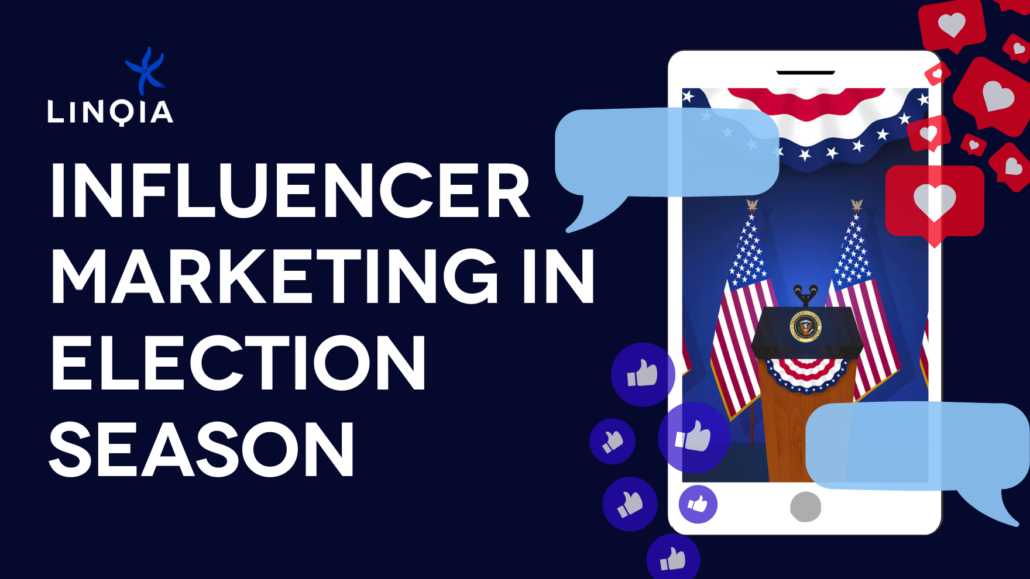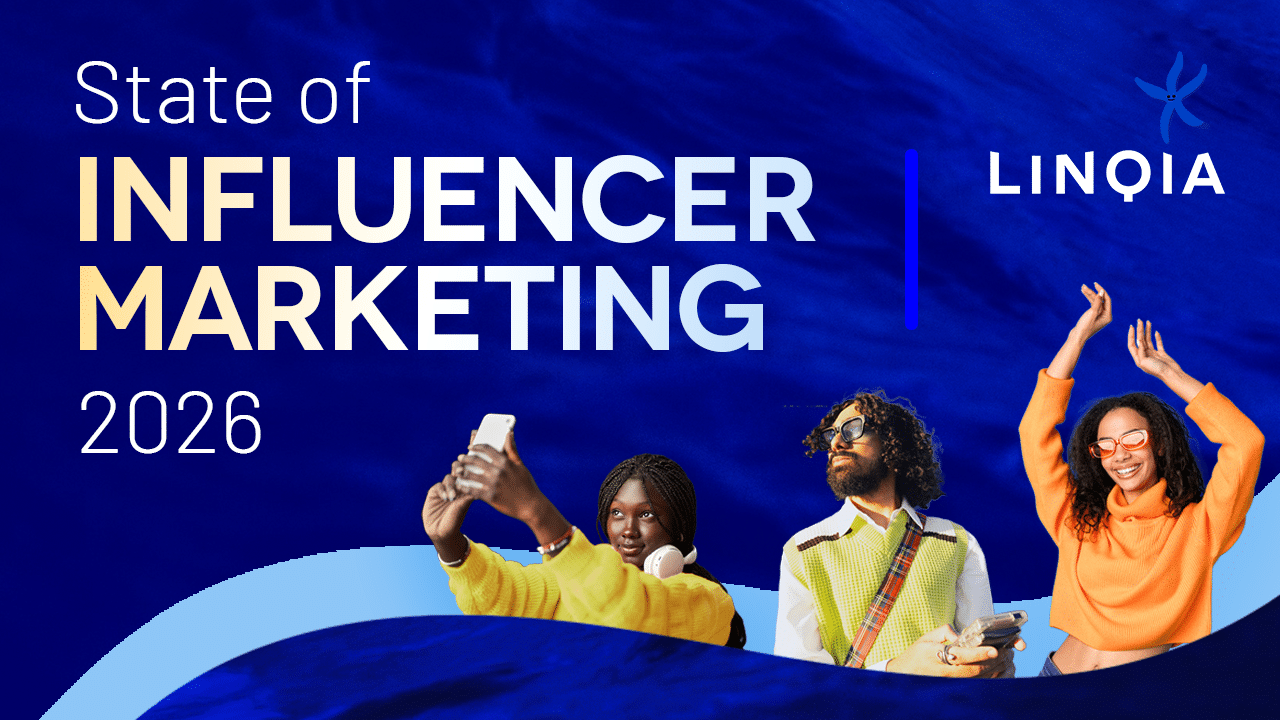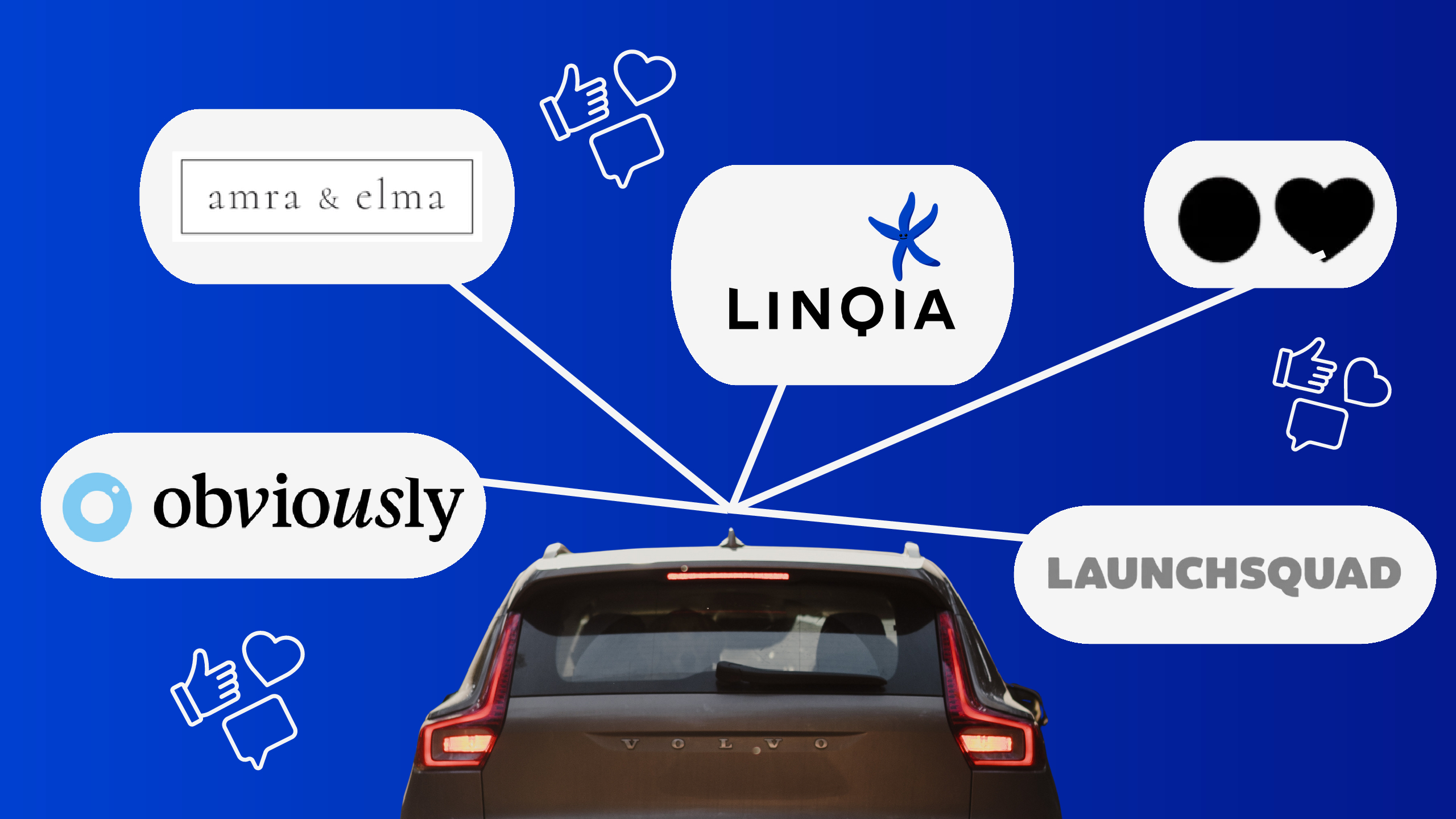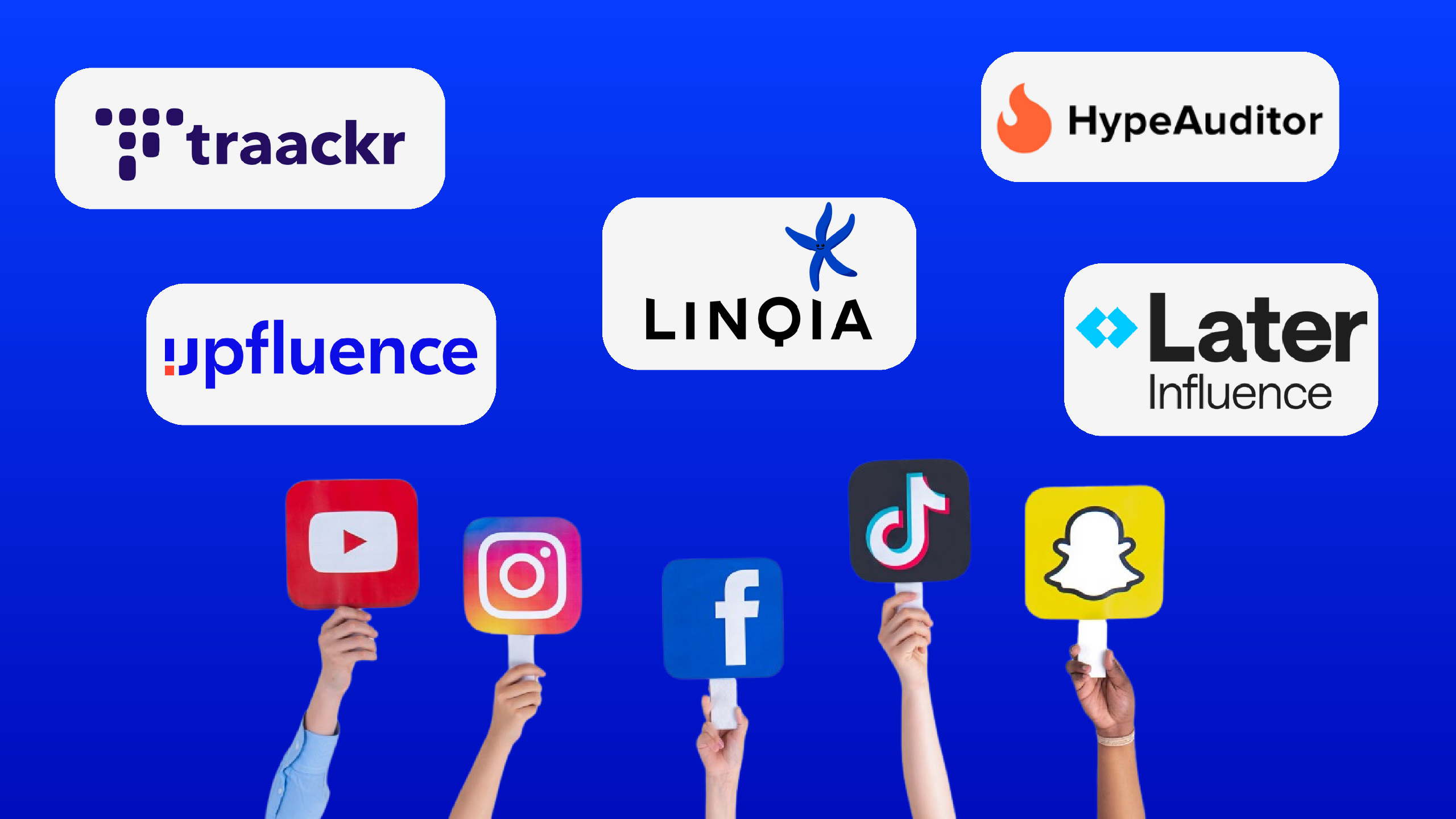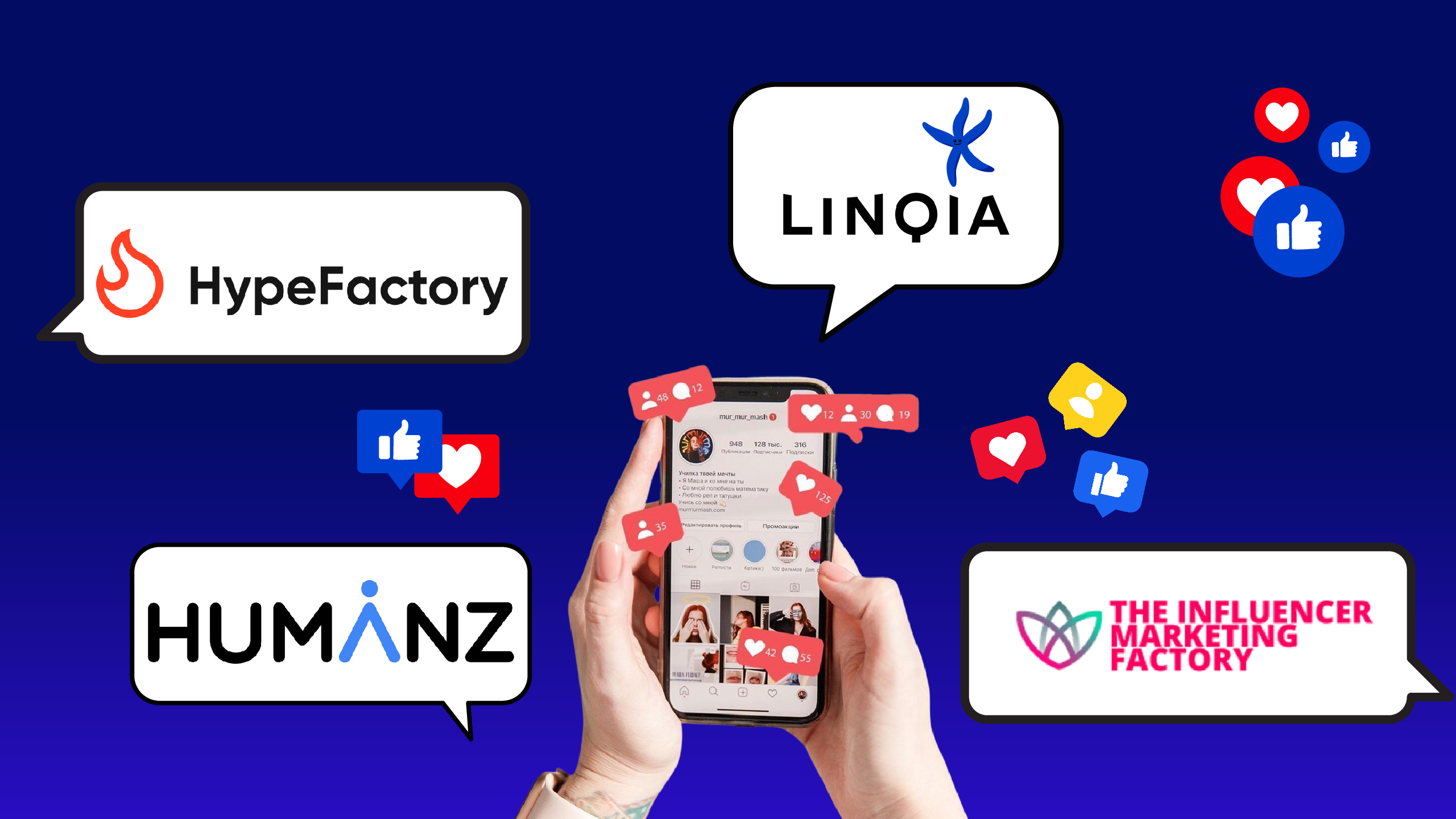It’s election season, and the days leading up to the election, the election itself, and the aftermath are going to be a very noisy and polarizing time. Between the spread of misinformation, ensuring your advertising is shown alongside safe content, and the rise of political influencers, every brand needs to decide what their role in the conversation should be, and how they should handle their influencer partnerships.
While you’ll have to assess your brands’ stance and unique situation, here are some best practices when it comes to influencer marketing during election season.
Focus on the Topics, Not the Candidates or Parties
There are a few examples of where it makes sense for a brand to support a candidate or political party, but broadly speaking most brands should not go anywhere near the conversation. Instead, focus on the topics that connect to the DNA of your brand.
August, the provider of period care for everyone who menstruates, is a great example of a brand who stands for the topic of reproductive rights. In a recent conversation on the Creator Economy Live podcast, their CEO, Nadya Okamoto, said “Getting ‘political’ doesn’t necessarily mean getting behind a campaign, but I think there are ways to take a stance on an issue that does really matter… For us, we know that our consumers are experiencing the changes that are happening [with reproductive rights] and we have the platform to do that education or to do mobilization.”
In this instance, it made sense for August to educate their audience on what is thought of as a “political” topic, and how their consumers can get involved to protect their rights and bodily autonomy.
Choose Your Creators Wisely
Generally, it’s best to avoid working with creators who have shown political affiliations during election season. Any type of candidate support from a creator may alienate a large percentage of your audience and the heat of an election – when emotions run high – is not the time to test that partnership. Per our first point, specific topics that creators support can be valuable when it aligns with your brand, but deeper candidate or party ties should be avoided in the election timeframe.
Respect the Key Dates
Finally, election day is not the time to post about non-relevant topics. Strongly consider taking the week off, and keep in mind that we may not know the final results on the day of the election – or even the day after. Tension may be high for days to weeks afterward.
Also keep in mind that it’s a noisy and more expensive media time period. In the last 90 days alone, $4.5M has been spent on political ads on just Meta. This doesn’t even account for creator sponsored content. The political news will dominate social platforms during this season, and you don’t want your product to get lost amongst the noise.
Hopefully this helps guide your creator strategy over the next month, and reach out to us if we can help you during the election cycle in any way!
Want more updates? Subscribe to our newsletter at www.linqia.com/subscribe to never miss what’s new in influencer marketing and social media.
